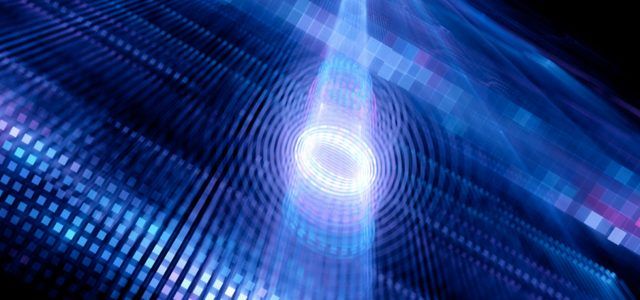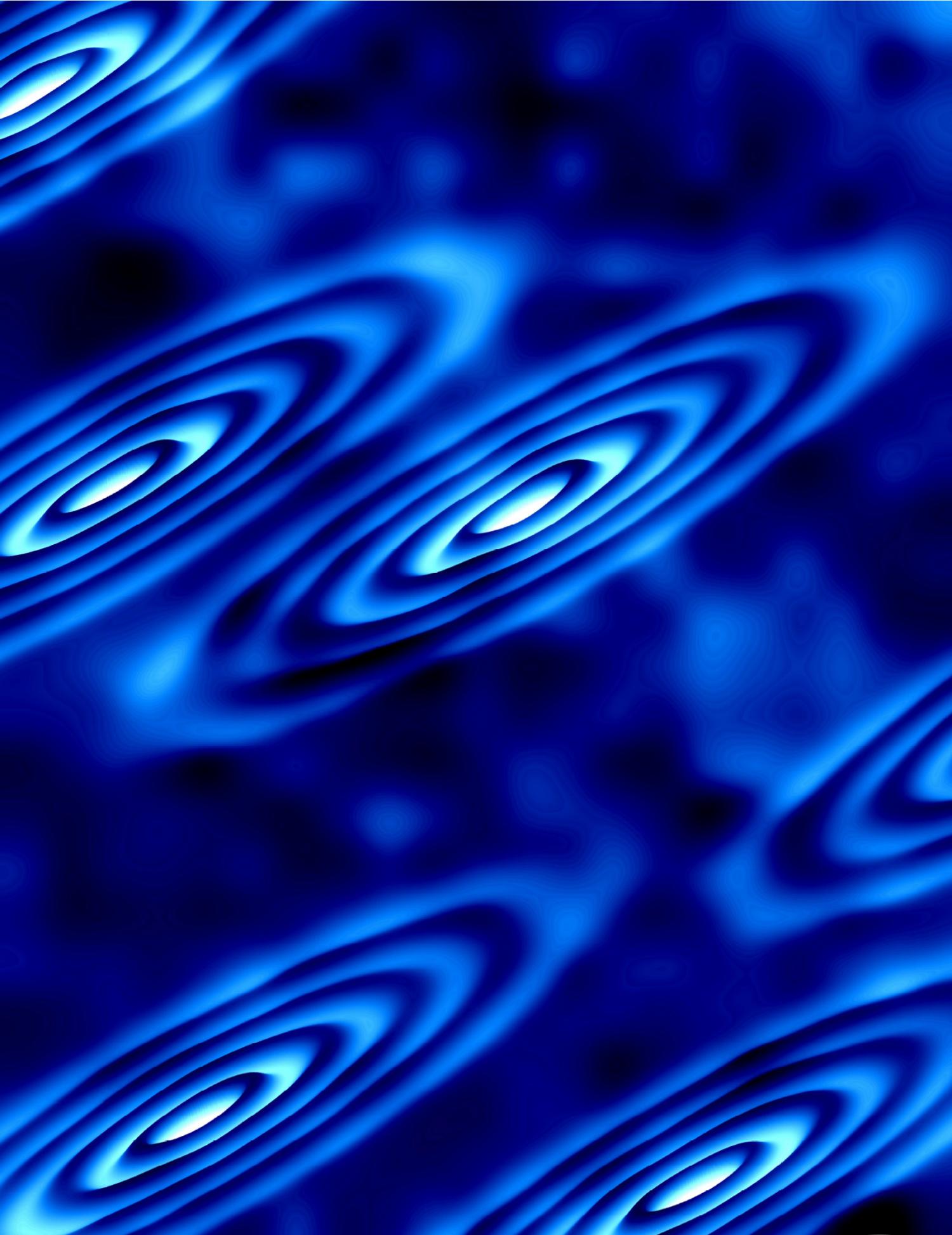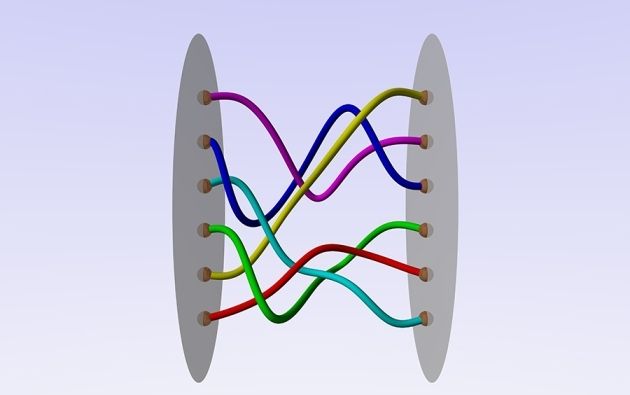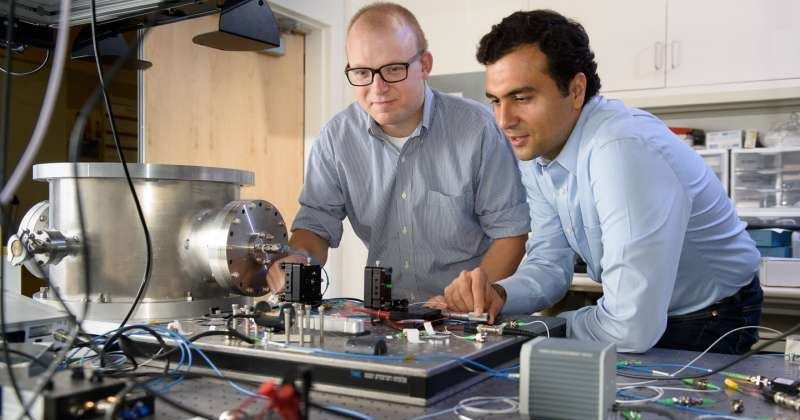Oct 25, 2016
The exciting new age of quantum computing
Posted by Karen Hurst in categories: biotech/medical, computing, encryption, military, quantum physics, security, space travel
What does the future hold for computing? Experts at the Networked Quantum Information Technologies Hub (NQIT), based at Oxford University, believe our next great technological leap lies in the development of quantum computing.
Quantum computers could solve problems it takes a conventional computer longer than the lifetime of the universe to solve. This could bring new possibilities, such as advanced drug development, superior military intelligence, greater opportunities for space exploration and enhanced encryption security.
Continue reading “The exciting new age of quantum computing” »


















